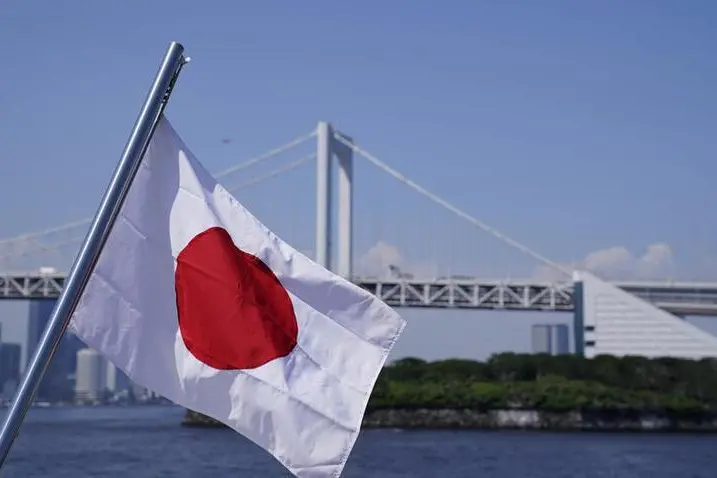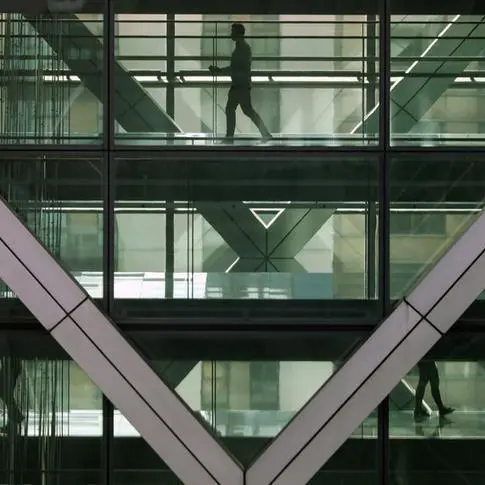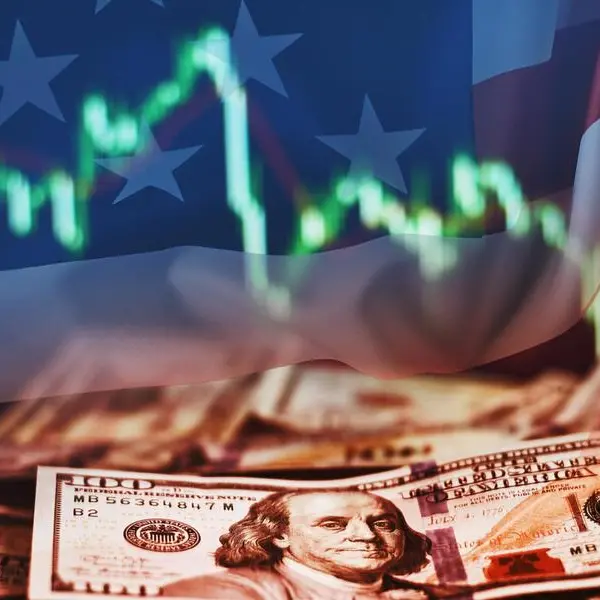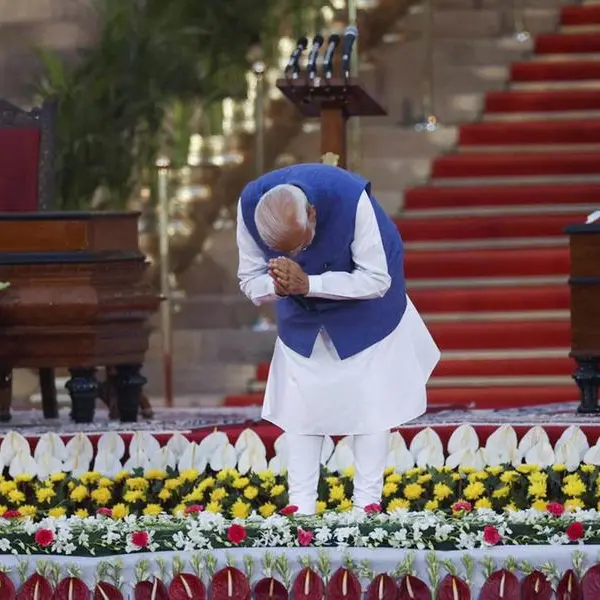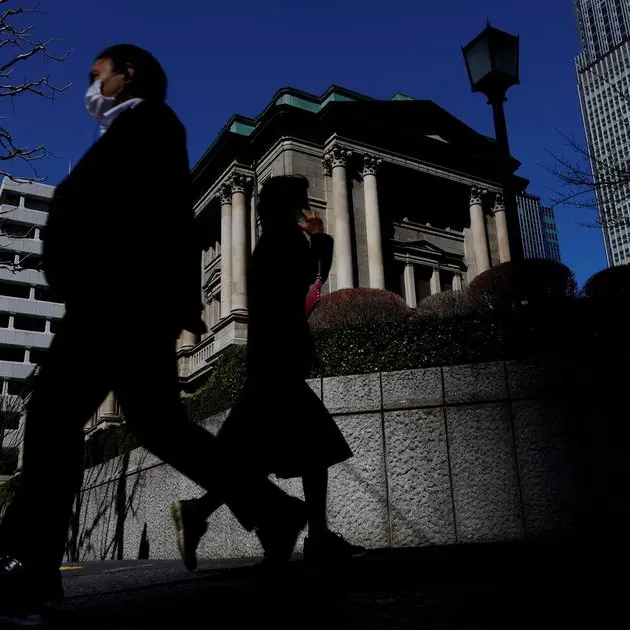PHOTO
Japan-born Akira Takatoriya, who has earned earned the nickname Shams Qamar due to his long stint in the Middle East, has a jocular take on his best-of-both-the-worlds situation. “I gain weight in the Gulf and lose it in Japan,” he told me a couple of years ago. Takatoriya shared numerous photos of him donning the traditional Arab dress clicked across the Middle East deserts and cities. Some images showed him cooking and serving Arab dishes to his compatriots and vice versa.
Takatoriya’s humour and mirth stood out during our conversations about Japan-Middle East cultural exchanges. This was a breath of fresh air, considering we do not associate the Japanese people with mirth and humour in this part of the world. For instance, he labeled Arab hospitality as “direct and powerful” and Japanese hospitality as “indirect and a little bit silent.” His cheeky comment on wasta (connection) was hilarious. “Vitamin “W” is very effective in Japanese culture too. We call it cone (short for connection),” he said, following it up with a broad grin emoji.
Around the same time, two side-by-side photos were doing the rounds on social media. In one of those, Saudi Arabia’s Crown Prince Mohammed bin Salman was seen seated next to Japan’s Emperor Akihito at the Imperial Palace in Tokyo. It had a minimalist background with barely enough furniture to seat the three people in the room, an interpreter being the third person. The second photo was of Riyadh’s opulent al-Yamamah Palace in all its glory, a different world with a different lifestyle. Contrasting yet converging cultures were the moral of the story.
My tryst with Takatoriya was sufficient to suggest a Middle East-Japan partnership looking like an alter-ego equivalent of a human relationship. From a Middle East perspective, it appeared that what Japan lacked in energy resources is duly, even overly, compensated by the technology it offers. Pundits emphasize that the Middle East’s discovery of oil almost coincided with the emergence of Japan’s automobile technology, facilitating an enduring partnership with the region going back decades.
A Dubai-based Al-Futtaim Motors veteran I interviewed a few years ago highlighted humility, punctuality, and discipline as the main Japanese qualities that make them a cut above the rest. “From the timeliness of the bullet trains to the cleanliness of offices, you see these attributes everywhere,” he said, asserting the reasons that associate the Japanese with reliability. But what else makes Japan a worthy counter-foil of the Middle East?
Robust fundamentals
The Middle East-Japan relations stand and thrive on robust fundamentals. The two sides complement each other in more ways than one. According to the Japanese Ministry of Foreign Affairs, Japan depends on the Middle East for approximately 78 per cent of its crude oil imports. Other estimates suggest an even higher percentage of Japan’s energy dependence on the region.
Japan’s vulnerability became evident in March this year when it announced the release of 7.5 million barrels of oil from private reserves to compensate for supply disruptions following Russia’s invasion of Ukraine. Around the same time, Japanese Prime Minister Fumio Kishida urged Middle East’s oil-producing countries to ramp up production. In 2021, Japan imported approximately 55.6 million kiloliters of crude oil from Saudi Arabia alone.
Besides its energy sector outreach, Japan has also cast its net wide in the region in the trade arena. The Abu Dhabi Department of Economic Development (ADDED) statistics put the UAE-Japan bilateral trade at US$ 30.5 billion last year. ADDED says the UAE exports to Japan rose to US$ 24 billion by the end of 2021, while its imports from Japan increased to US$ 6.5 billion.
Addressing the eighth session of the Abu Dhabi-Japan Economic Council, Nobuyori Kodaira, the President of the Japan Cooperation Centre for the Middle East, said this year (2022) marks the 50th anniversary of the Japan-UAE diplomatic relationship. “Our bilateral relations predate the diplomatic records as Japan started crude oil imports from Abu Dhabi in 1962,” Kodaira said.
Japanese automobile brands dominate a whopping 70 per cent of the UAE market share. From 2015 to 2020, Toyota was a consistent market leader in the region, followed by Nissan and Mitsubishi. The meat, not the spice, makes this relationship unique.
Since stories of civilizations’ relationships are about humans and cultures, for every Japanese Akira Takatoriya, there is a Yousef Ahmad in the Middle East, furthering and fostering cooperation. Last month, Ahmad, a prolific artist, presented the Dialogue of Paper, A Legacy of Qatar Japan Year of Culture, at the famous 3331 Arts Chiyoda artistic hub in Tokyo. The exhibition displayed 28 pieces created by Ahmad and Japanese artist Hayaki Nishigaki.
“Paper has played a major role in human history, and Japan stands at the forefront of introducing paper-making techniques to the world in conjunction with calligraphy,” Ahmed said, highlighting how much both sides can learn and benefit from each other. On this occasion, the technique found its match in creativity.
- The writer is a senior researcher and journalist based in Abu Dhabi
Copyright © 2022 Khaleej Times. All Rights Reserved. Provided by SyndiGate Media Inc. (Syndigate.info).
